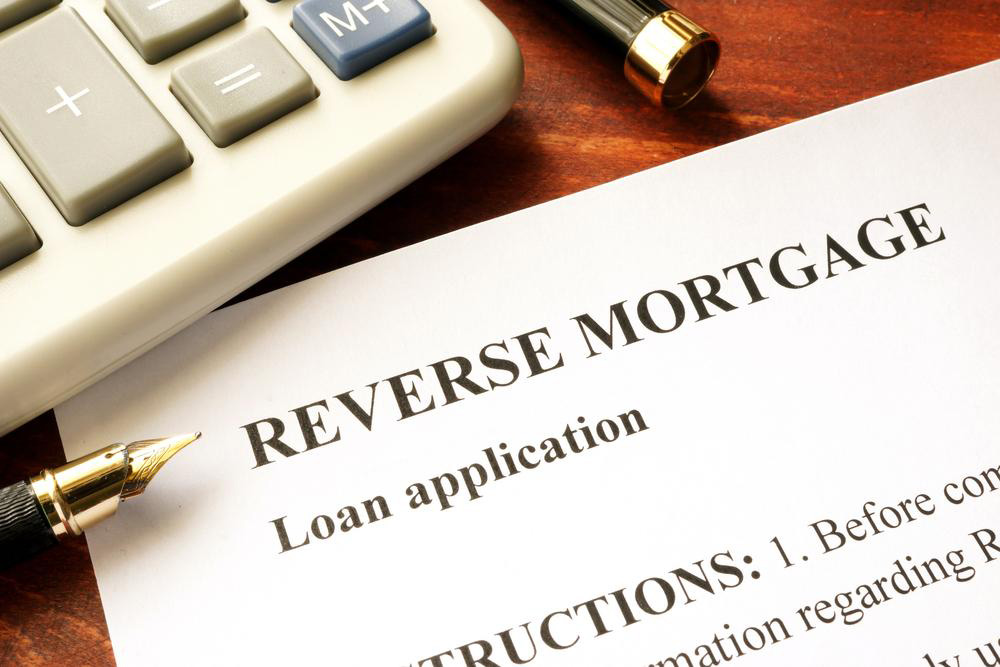Key Factors Influencing Your Mortgage Interest Rates
Discover the key factors that influence mortgage interest rates, including credit score, down payment, loan duration, interest type, and location. Understanding these elements can help you secure the best possible mortgage deal. This comprehensive guide empowers prospective borrowers with the knowledge to improve loan terms and make informed financial decisions.

Key Factors Influencing Your Mortgage Interest Rates
Securing a mortgage with the lowest possible interest rate is often a top priority for borrowers, as interest expenses significantly impact the total cost of the loan. While predicting exact rates can be challenging, understanding the main factors that influence mortgage costs can help you improve your chances of securing favorable terms.
If you're aiming to find the best mortgage rate, it's essential to understand the critical factors that affect your loan application.
Credit Score
Your credit score reflects your ability to repay borrowed money. A higher score indicates lower risk to lenders and typically results in better rates.
Maintaining a solid credit history by consistently paying your debts on time boosts your chances of getting attractive mortgage rates. A good credit score also broadens your options, allowing you to choose among multiple favorable offers instead of settling for higher interest loans.
Down Payment
Some lenders offer mortgages without requiring a down payment, but these often come with higher interest rates. Making a substantial down payment demonstrates lower risk to lenders, leading to lower interest rates and better loan terms.
Loan Term and Amount
Longer-term loans tend to involve larger principal amounts, often resulting in higher interest rates. For example, automobile loans generally have lower interest rates compared to mortgage loans due to shorter durations and lower amounts involved.
Type of Interest Rate
Borrowers can choose between fixed and adjustable interest rates. Fixed rates remain constant throughout the loan term, providing stability. Adjustable rates fluctuate based on market trends, which can lead to higher or lower payments depending on economic conditions.
Location
Regional factors influence interest rates as lenders consider local demand, economic stability, and property market conditions, which can impact the rates they offer.










